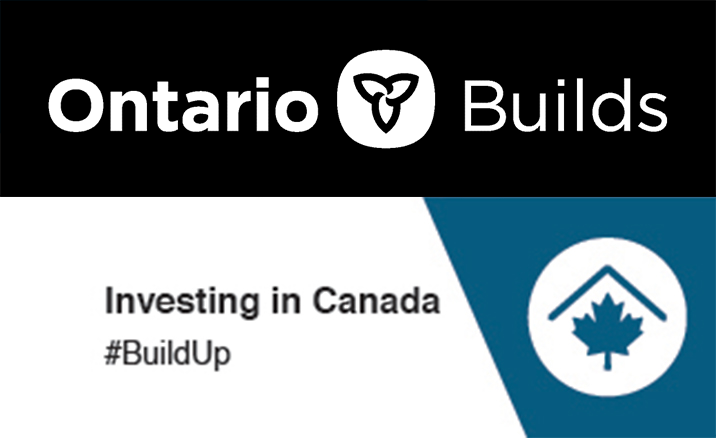
New course curriculum in Grade 9 Math (MTH1W) and Science (SNC1W) was introduced in 2021-2023, and in the 2023-2024 school year, new English course content (ENL1W) was implemented.
De-streaming Grade 9 in the WRDSB
Since September 2022, Grade 9 students no longer choose between Applied or Academic level courses. This change is the result of strong evidence across Waterloo Region and Ontario that supports de-streaming and single streaming. The goal of de-streaming is to provide more equitable graduation and achievement outcomes, and increased access to all Grade 11 course options, for all students.
By September 2023, curriculum for three Grade 9 de-streamed courses was provided by the Ministry of Education:
All other Grade 9 courses are offered at only one level, either Open (O in the course code) or Academic (D in the course code).
De-streaming Grade 10 in the WRDSB
Evidence which showed Applied level programs severely affected students’ ability to choose the post secondary destination of their choice, and reduced graduation rates were evident for both Grade 9 and 10.
As a result, the WRDSB has extended de-streaming into Grade 10 to ensure students have all the rich opportunities for learning they deserve. By September 2024, most students will take only Academic courses in their Grade 10 year. Our goal is to support all students in a high level of academic and personal success and an environment of high expectations combined with individualized support. By implementing this program, all students will have access to all pathway options in their Grade 11 year.
Fast Facts under De-streaming
New course curriculum in Grade 9 Math (MTH1W) and Science (SNC1W) was introduced in 2021-2023, and in the 2023-2024 school year, new English course content (ENL1W) was implemented. For 2024-2025, the new course curriculum for Grade 9 Geography (CGC1W) will be introduced.
Please visit the About 2023-2024 School Year page for more fast facts about de-streaming.
Course Selection
Grade 8 students will select courses for their Grade 9 year by March 8, 2024. Students will receive help on the myBluprint tool used to register for their classes at school with their guidance counselor Parents can approve the courses selected in the myBluprint tool, and questions can be directed to school administration and guidance staff. In Grade 9 students will take:
- English (ENL1W)
- Math (MTH1W)
- Science (SNC1W)
- Geography (CGC1W)
- French (FSF1D)
- Technological Education credit required in Grade 9 (TAS10) or Grade 10 (TAS20)
- 2 or 3 optional courses (ex: Drama, Health and Physical Education, Music, Art, etc.)
Categories: Learning

